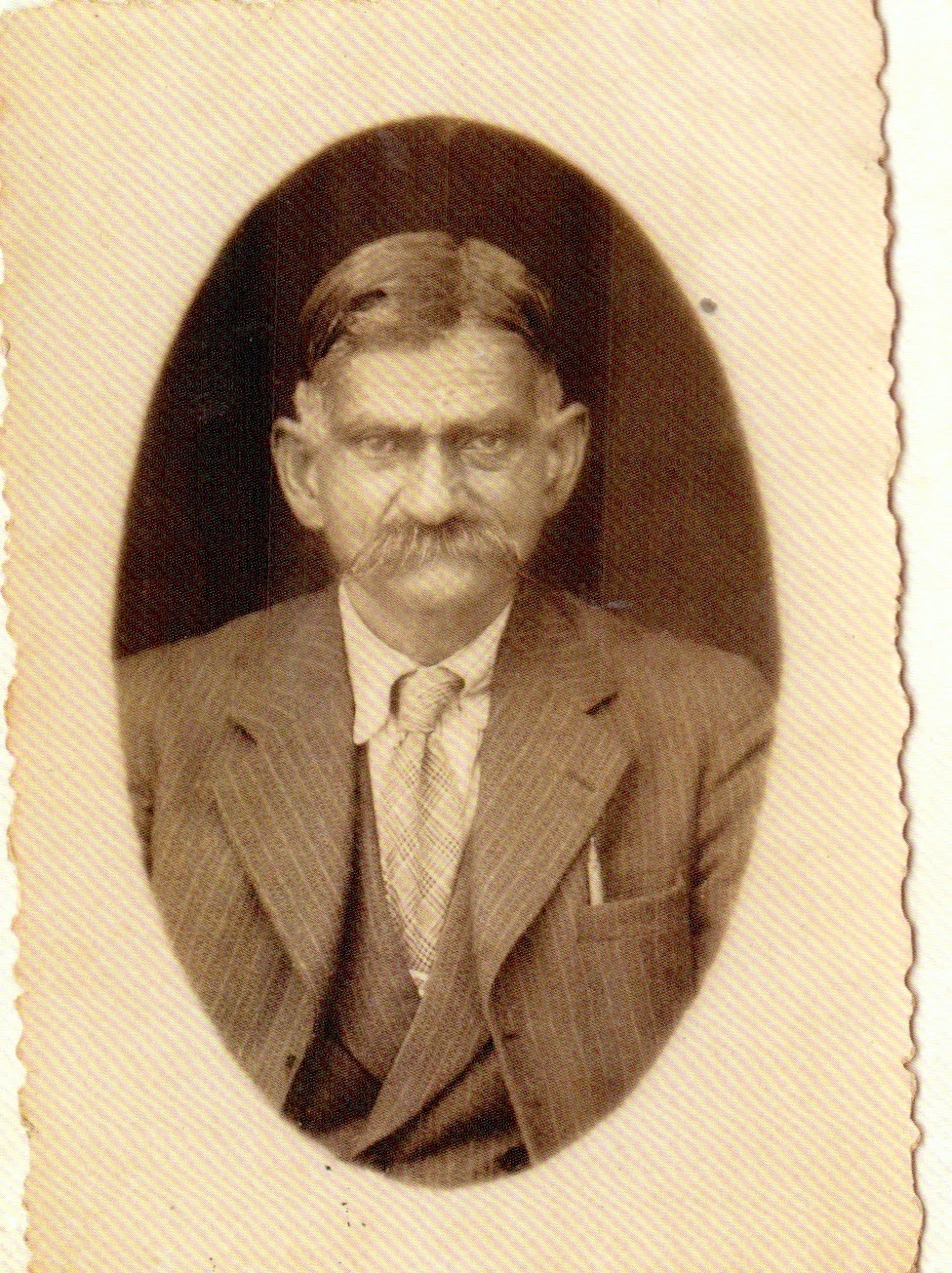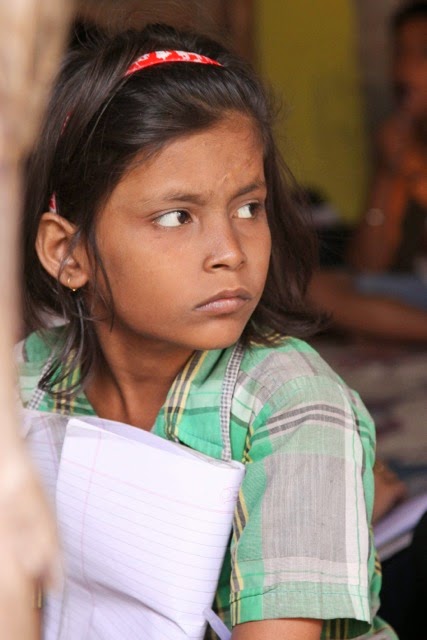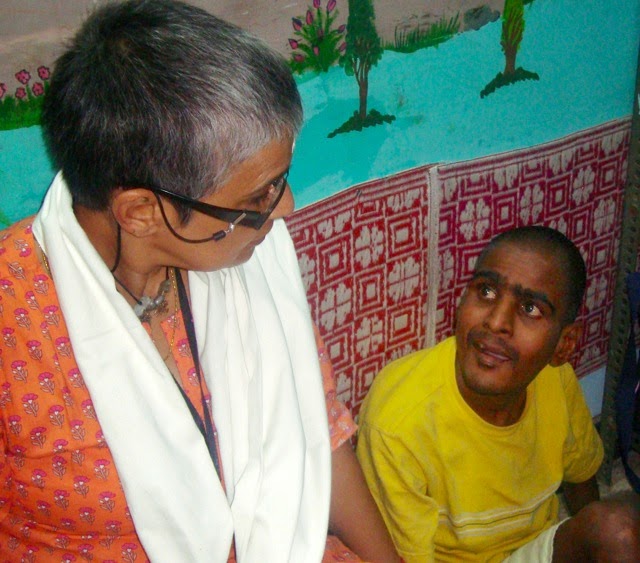Whenever I hear even the faintest murmur about primary education being reviewed, my heart beats faster but my blood also runs cold. The question is: what now! We have so many aberrations in our education system. The fear is that one more may be added. A recent article entitled: Failure Not an Option for Students Till Class 8. But That Could Change has again given me food for thought. I shudder to think about who will be the persons deciding on the future of all the children of India. Sadly there are many decision makers whose interests lie elsewhere. Just to cite one: if schools ran spot on then who would teachers make money on tuition, something you see across the board in India! Remember children are not vote banks!
Before I give my take on the no fail till class VIII policy, I would like to share a few other aberrations and I use the word with full responsibility as I have now been an enraged and somewhat helpless witness of what we are doing to extremely bright and not so bright children in the name of education and I should know as I have seen and helped thousands of them in the last 15 years.
I have often written about education on this blog. Unfortunately my blog do not reach concerned authorities but are read by like minded people and project why aficionados. The first number that shocked me beyond words was the (un)holy 33! Thirty three per cent is what you need to pass any examination in India. Actually who needs a no fail policy when the pass percentage is so abysmally low. That was an aside. Let us get to facts. If you peruse any advertisement for a job and this includes Government jobs like peons, the pass percentage required is 50%. Now to my simple mind the two should match: either you make the school pass percentage 50 or lower the job application one to 33. The cynics would say that anyway a child that is bright enough would cross the hurdle and schools would ensure a modicum of quality but that is not the case in state run schools. I will give you an example from my own experience. A few years back, a bunch f class X students came to me a month of so before their Boards and told me that they had not even finished half their curriculum. Those were days when I was still naive and so I marched to the school and into the Principal’s office and asked him the reason. Pat came the reply laced with a smirk: You need 33% to pass so we only cover 40%. (What was left unsaid was that the remaining 60% was ‘taught’ by the same teachers privately. The fact that schools run in 2 shifts is a perfect fit for this!). I was speechless. This meant that an intelligent child who was poor and could not afford private tuition would never be able to reach the required marks to access higher education.
The 33% pass percentage is an aberration that needs to be removed if reforms have the children’s interest at heart.
The other disturbing figure is the 14. That is the age when according to the RTE Act, free education comes to a abrupt stop. I say abrupt as at that age you are in class 8. So imagine the equation: no fail policy till class VII and no free education post class VIII = no education at all! Let us be real. Sadly the reality today is that you have children in class 4 or 5 or even 7 who can barely read or write courtesy the no fail policy. The tragedy with a big T, is that most of these kids are bright. What they are not is rich. We have had such students and with a little help, they have caught on and gone and topped they class. I hope you agree that all is not well in the kingdom of education.
The no fail policy to ensure that the self-esteem of children was not bruised. There is wisdom in this but with many caveats. School has to be an enabling environment and the child’s progress had to be monitored. This does happen in what is known as Public Schools in India, but in a Government school where there are 100+ students in a class even the most experienced teacher cannot impart knowledge in the 35 to 40 minutes allotted per subject. The self esteem of the child is nowhere in sight.
The jury is out but whether the right people are sitting on it is another question. It is difficult the find the motley crew that would be able to keep the interest of children on either side of the fence at heart. When the no fail policy was instituted it came with a series of teaching options ranging from projects to open book exams. The up market schools were thrilled and would perform as required but in Government schools this is pure chimera and when you live in a cramped hovel with barely enough to survive, you will never get the money for all the material required for the model asked for, and if you do manage than you run the risk of having your younger sibling or drunk father destroy it before it reaches your school.
My fear is that whatever new policy is conjured, it will not keep the interest of poor children in mind.
But if reform is on the anvil, I so wish the concerned people would have the guts to take the bull by its horn and turn education on its head if needed keeping today’s reality in mind. Education is what helps you accede to a better future, what helps you break the cycle of poverty you were born in, what helps you discover your talent and ability, what helps you make choices.
First and foremost any education system which has a scoring system that can reach 100% and even more should you have a good handwriting is not right. The difference between 33 and 100 is gaping and cannot succeed. When I was a student 60% was to be celebrated. I passed my Baccalaureate with distinction. 60% got you that distinction. Many years later when my daughter passed her Baccalaureate with distinction it was a nightmare to get her admission in Delhi University as the reign of cut off marks had arrived and the numbers were in the nineties. Now you can never get 90% in the French Baccalaureate. It had to move heaven and earth to explain this to the authorities. Today affordable universities i.e. Delhi University etc have mind boggling cut offs and the children from poorer homes can never aspire to get there as they run the race with a handicap. Their parents cannot afford the plethora of private universities that have mushroomed nor send their children abroad. So these kids, who are as bright and even brighter than others can only seek correspondence courses, open universities or evening courses. Another door has been shut at their face. Looks like education is for the rich, by the rich and of the rich!
There are two categories of children: those who are academically inclined and those who are not. The former must get the best possible and the later should be gently pushed into vocational skills in sync with the market needs. This needs to be done midway, in class VII or so. These can range from spoken English or Chinese if need be, to computers, sewing, carpentry and so on.
Vocational education has to be introduced intelligently as is well discussed in this article.
You have to move with the times. Maybe not as fast as Finland, where children will not learn writing but typing, but maybe it is time to sift out all the unnecessary information that one has to learn in school as in the times of the Internet, what needs to be taught is how to access information. Maybe learning to use a calculator is more useful than learning tables till 20, even when India has adopted the decimal system and abandoned the anna or 1/16 of a rupee. Even then tables 17 to 20 were useless.
Education by rote should be thrown out of the window. What a child has to learn is to think independently and intelligently. I was privileged to have schooled in the French system. I would like to share an anecdote of my life. When I passed my Bac in the sixties, History was a subject that was tested orally. The curriculum was from world war II to present times. You had to pick out a question from a proverbial hat and got 20 minutes to prepare it. Then you had to defend your answer in front of a jury. The question I got was : If WW II had been lost by the allies what in your opinion would have been the present economic situation in the world? No rote learning would help you with that one. There was no right or wrong answer. What was needed is for you to defend what you put forth.








